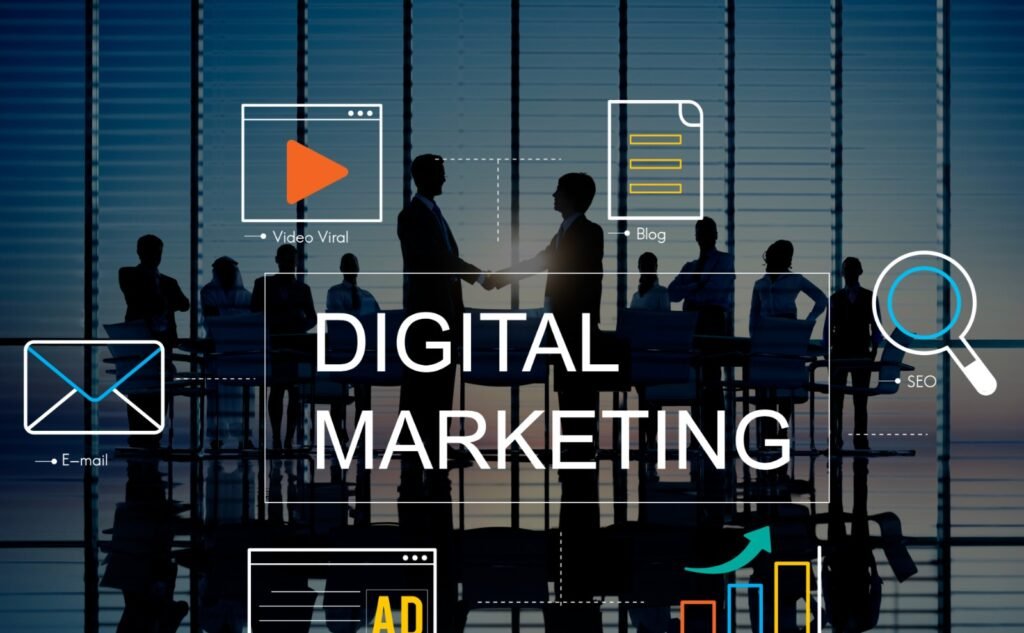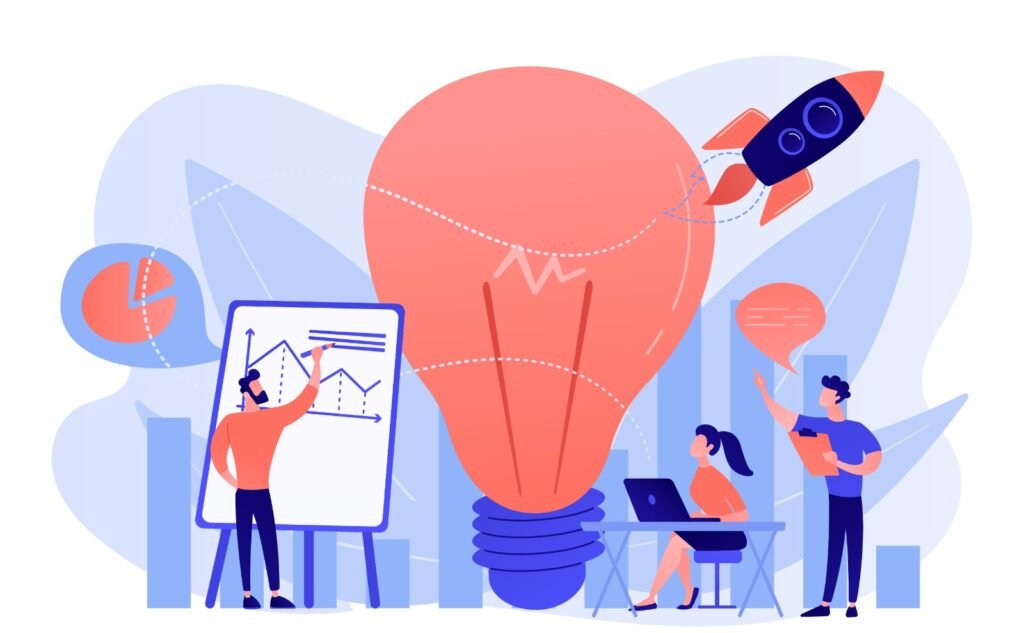How Social Media Marketing Drives Business Growth
In today’s fast-paced digital landscape, social media marketing is no longer optional—it’s a cornerstone of business success. With billions of active users on platforms like Instagram, LinkedIn, and TikTok, brands have unparalleled opportunities to connect, engage, and convert audiences. This guide explores how social media marketing drives business growth, from crafting compelling content to leveraging influencers and building loyal audiences. Crafting Engaging Content for Platforms Like Instagram, LinkedIn, and TikTok The foundation of social media success lies in delivering content that resonates with your audience. Each platform has its unique style, and understanding these nuances is critical: Visual storytelling thrives on Instagram. Use high-quality images, short videos, and engaging captions. Features like Reels and Stories are excellent for showcasing behind-the-scenes moments, user-generated content, and product highlights. As a professional network, LinkedIn is perfect for thought leadership and B2B marketing. Share insightful articles, industry news, and company updates. Leverage LinkedIn polls and live streams to engage directly with your audience. Consistency is key across all platforms. Posting regularly, adhering to a content calendar, and aligning content with your brand voice ensures sustained engagement. The Power of Influencer Partnerships Influencers are the new-age brand ambassadors. Collaborating with them can amplify your message, build trust, and drive conversions. Here’s how influencer marketing contributes to business growth: Influencers have built-in trust with their followers. When they endorse your product or service, their audience perceives it as a genuine recommendation rather than a direct advertisement. By partnering with influencers who align with your niche, you can tap into highly targeted audiences. For example, a fitness brand collaborating with a fitness influencer ensures your message reaches health-conscious consumers. Influencer campaigns often yield better ROI compared to traditional advertising. Micro-influencers (with 10,000–50,000 followers) particularly offer affordable rates while delivering impressive engagement. To maximize impact, establish clear goals, and provide influencers with creative freedom. Authentic content resonates more with audiences, ensuring better results. Best Practices for Building a Loyal Social Media Audience A loyal audience is the backbone of long-term social media success. Here’s how to cultivate and maintain an engaged community: Conduct audience research to understand their preferences, pain points, and behaviors. Tailor content to meet their needs and interests. Social media is a two-way street. Respond to comments, host Q&A sessions, and acknowledge user-generated content. This fosters a sense of community. Use platform-specific analytics tools to track performance. Understand which content types perform best and refine your strategy accordingly. Your posts should provide value, whether it’s educational tips, entertainment, or exclusive offers. Valuable content keeps your audience coming back for more. Authenticity builds trust. Be transparent about your brand values and ensure your messaging aligns with your actions. Building a loyal audience takes time, but the payoff is worth it. Loyal followers not only engage with your content but also become advocates for your brand. Social media marketing has transformed how businesses connect with customers, making it a powerful tool for driving growth. By crafting platform-specific content, leveraging influencer partnerships, and nurturing a loyal audience, brands can achieve remarkable results. Success in social media marketing isn’t about overnight fame; it’s about building meaningful relationships that translate into long-term value. Ready to take your social media marketing to the next level? Start today with these proven strategies and watch your business thrive! About Vistaar WebX SWS Established in 2020, Vistaar WebX is a leading marketing agency in Bhopal, specializing in digital marketing services, social media management, and branding solutions. As the go-to agency for SEO services, we help businesses enhance their online visibility and drive measurable growth. From creative logo design to effective social media campaigns, we deliver results tailored to your needs. Whether you’re looking for a top advertising agency or expert website design services, Vistaar WebX offers innovative strategies to boost your brand. Trusted by businesses across industries, we are your partner for ROI-focused digital marketing in Bhopal.
How Social Media Marketing Drives Business Growth Read More »






